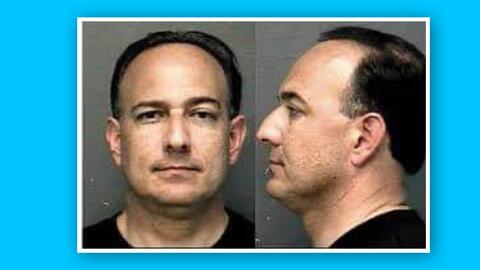A New Jersey attorney was sentenced today to 216 months in prison for money laundering as part of a multi-year scheme to embezzle money from his clients, U.S. Attorney Craig Carpenito announced.
According to o federal officials, Michael W. Kwasnik, 51, previously pleaded guilty before U.S. District Judge Robert B. Kugler in Camden federal court to an information charging him with money laundering. Judge Kugler imposed the sentence today by videoconference.
According to documents filed in this case and statements made in court:
Officials said Kwasnik was an attorney licensed in New Jersey and Pennsylvania who specialized in providing estate and financial planning services to his clients. He used his position as an attorney in estate planning to convince clients to open irrevocable family trusts to hold the client’s money and provide the client an opportunity to earn interest on their funds. Kwasnik advised potential clients that estate planning was necessary to protect assets from federal and state taxes.
As part of the estate planning, Kwasnik established various trusts, typically irrevocable family trusts for clients with Kwasnik named as the trustee. For each trust, an Employer Identification Number (EIN) was obtained and a bank account in the name of the trust was opened at TD Bank. As trustee, Kwasnik had signature authority on the bank accounts.
The underlying scheme ran from late 2008 to November 2011. Kwasnik advised clients to transfer money and assets into the trusts for financial protection. In some cases, Kwasnik advised clients that he would remain as the trustee until the estates were settled, at which time the assets would be turned over to the appropriate beneficiaries.
Dozens of his clients turned over approximately $13.2 million to Kwasnik for the safeguarding of their beneficiaries’ trusts. After the clients transferred funds into the trust bank accounts under Kwasnik’s control, Kwasnik immediately began transferring the money out of the trust accounts and into the bank accounts of entities that he controlled until the money was entirely depleted from the trust accounts, usually in just a matter of days.
Kwasnik then used that money to conduct thousands of intermingled financial transactions and pay personal expenses for himself and others and for the operations of the entities he controlled.
In addition to the prison term, Judge Kugler sentenced Kwasnik to three years of supervised release and ordered him to pay $11.7 million in restitution.
